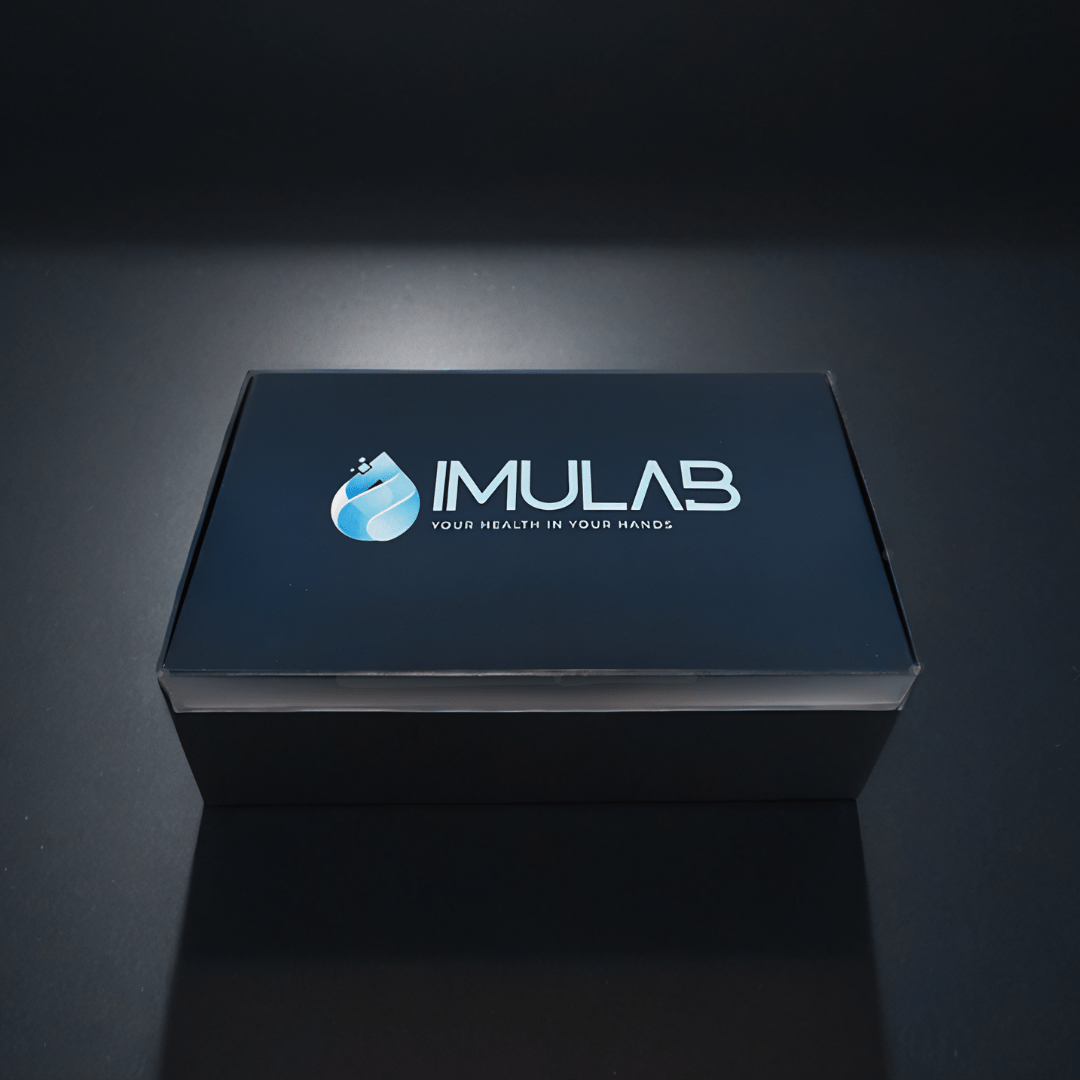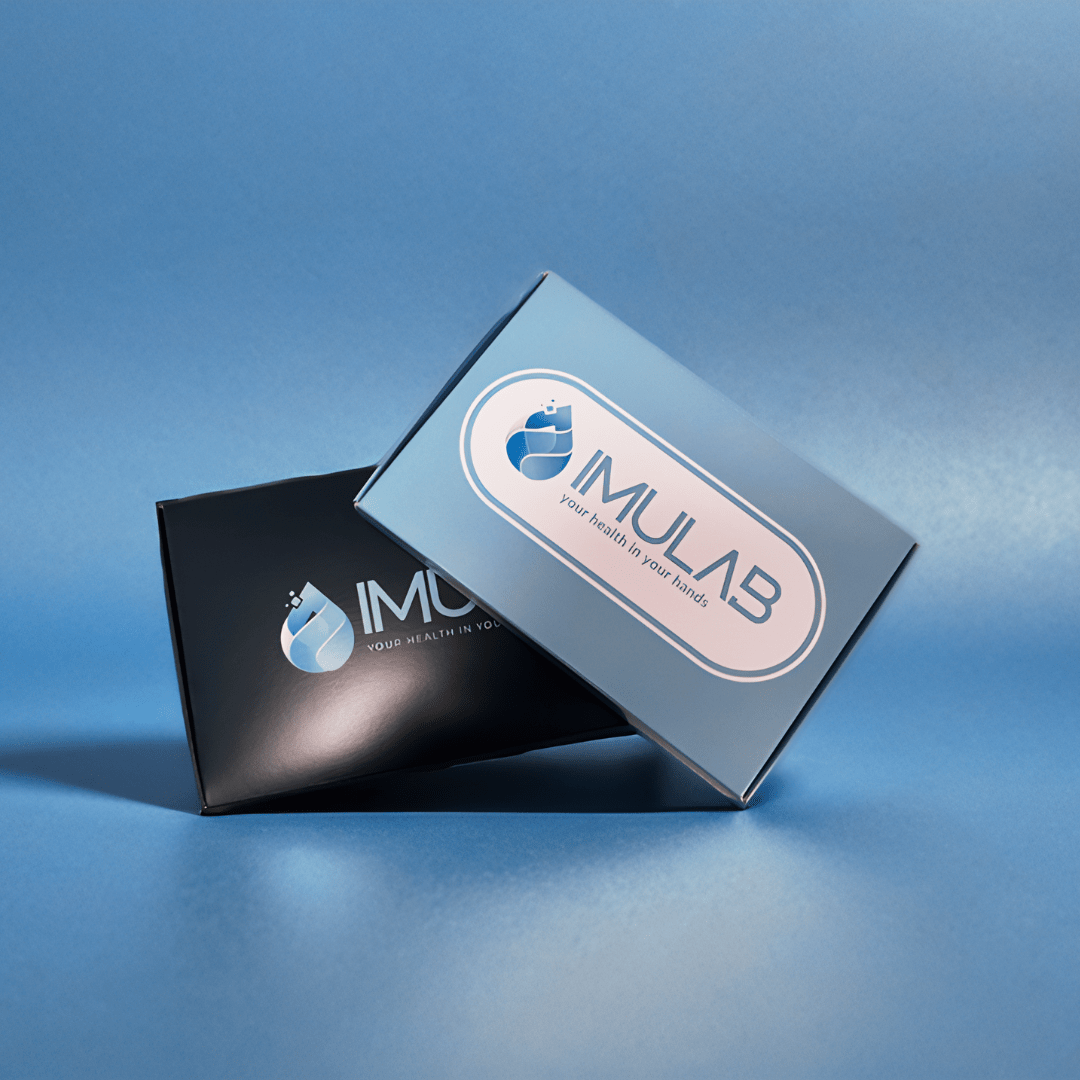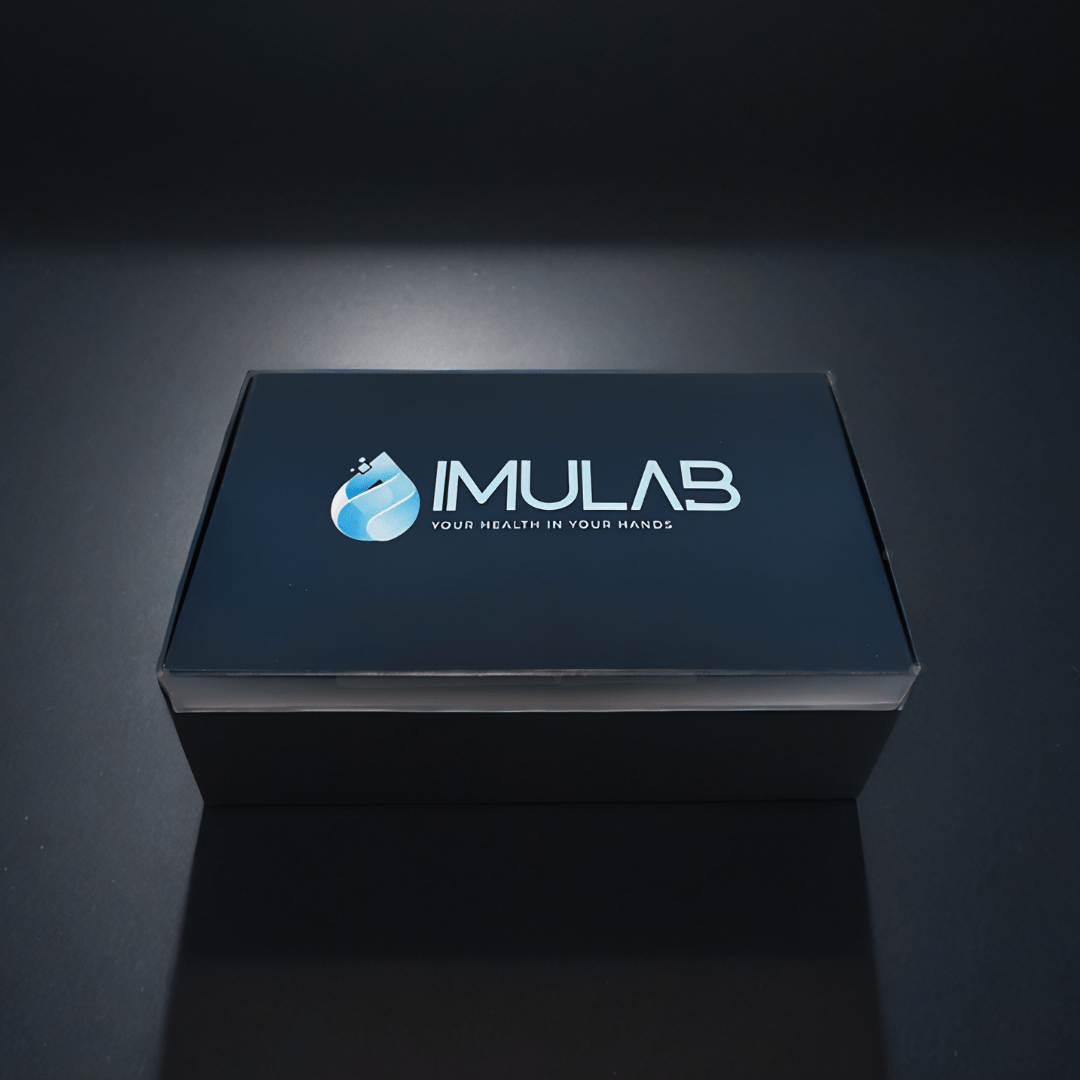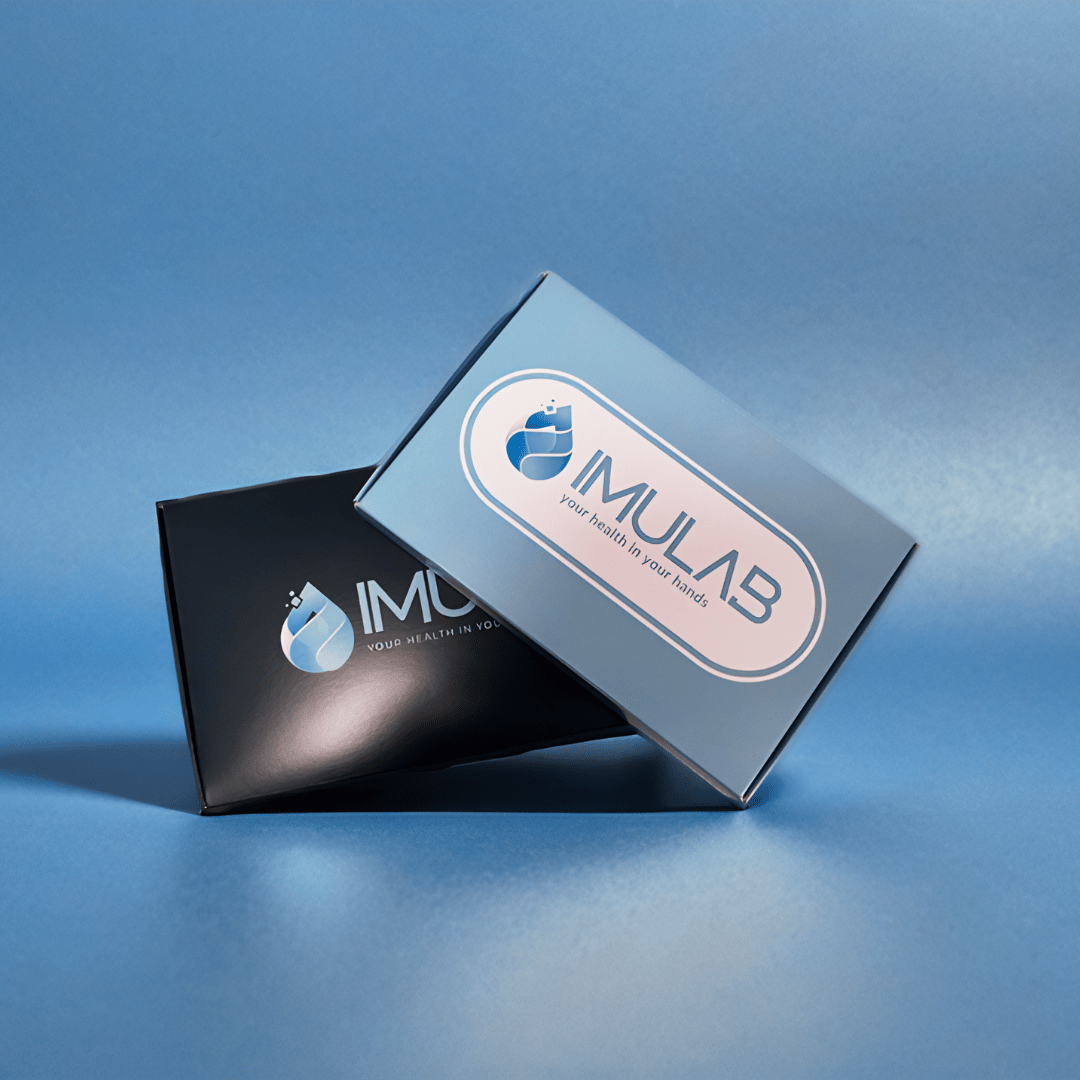IMULAB
Advanced TRT Status
Advanced TRT Status
How do you want to take your sample?
Please choose one option below-
Collect your own sample at home Free
Self sampling kit containing everything you need to take your own finger prick blood sample sample at home.
-
Sample collection at a Superdrug Clinic +£35.00
Visit one of Superdrug's clinics across the UK where a healthcare professional will take your sample from a vein in your arm. We’ll email you instructions on how to book after we’ve processed your order.
-
Sample collection at home with a nurse +£59.00
Book an appointment for one of our nurses to visit your home and take your blood sample from a vein your arm.
-
Sample collection with your own healthcare professional Free
Make an appointment with a healthcare professional of your choice to have your venous blood sample taken. You will be responsible for arranging your appointment and any additional fees.
Couldn't load pickup availability
✅ Results expected within 2 working days
Get an overview of your hormone levels with our TRT Blood Test Panel, specifically designed for men who are considering or currently receiving Testosterone Replacement Therapy (TRT).
Why Choose This Test?
-
Considering or undergoing TRT?
-
Wanting to monitor your hormone levels effectively?
-
Concerned about potential side effects of TRT?
Who Is This Test For?
-
Men considering TRT treatment
-
Those currently on TRT wanting to monitor their response to treatment
-
Individuals seeking a comprehensive health overview during testosterone therapy
Fast & Secure Results:
Your results will be securely delivered via our online patient portal, typically available within two working days from receipt at our laboratory.
Take charge of your hormonal health and order your TRT Blood Test Panel today.


What's included in this test?
Hormones
Oestradiol
Oestradiol is a steroid hormone that is primarily produced in the ovaries of women and to a lesser extent in the testes of men. It is one of three types of estrogen and has important functions in regulating the female reproductive system, as well as promoting breast tissue growth and maintaining bone density. Oestradiol levels naturally fluctuate throughout the menstrual cycle, peaking at ovulation in pre-menopausal women. As women age, their oestradiol levels decrease and eventually stop altogether with menopause. Low levels of oestradiol can lead to symptoms commonly associated with menopause such as hot flushes, night sweats, and mood swings. Additionally, low levels of oestradiol can increase the risk of developing osteoporosis.
Testosterone
Prolactin
Prolactin is a hormone that is synthesized in the pituitary gland and is involved in the regulation of reproductive functions. Its main function is to stimulate lactation after delivery, and it is common for prolactin levels to increase substantially during pregnancy and breastfeeding in women.
Free testosterone - calculation
Proteins
Albumin
SHBG
SHBG (sex hormone binding globulin) is a protein produced by the liver that binds with sex hormones such as testosterone, estrogen, and dihydrotestosterone (DHT) in the bloodstream. When hormones are bound to SHBG, they become inactive and are not available for use by cells. Measuring the level of SHBG in the blood can provide important information about the levels of free or unbound hormones, which are biologically active and available for use.
Sampling special instructions
Prepare for your test by following these instructions and those included in your test kit. Please take your sample before 10am. Avoid heavy exercise for 48 hours beforehand. Please avoid ejaculating for 48 hours prior to this test. Hormonal contraception can affect this test, taking a break from this and using barrier contraception will give more accurate results. If you use hormone gels, pessaries, patches, or tablets, we strongly recommend selecting a venous sample to minimise contamination sometimes seen with finger-prick tests. Otherwise, administer any hormone supplements using gloves, and make sure your fingers have not been in contact with hormone supplements for at least four weeks before taking the test. Hormones can be absorbed deep within the skin even after minimal contact and remain there for weeks despite vigorous handwashing. Do not take biotin supplements for two days before this test, discuss this with your doctor if it is prescribed. If you are a woman take this test two to five days after the start of your period, ideally on day three. It can be taken any time if you do not have periods.


